Standard tourism has its place—there’s nothing wrong with snapping photos at the Eiffel Tower or lounging on a Caribbean beach. But for those who feel that familiar itch for something more authentic, challenging, or unexpected, the world offers countless opportunities to step beyond conventional travel experiences.
Here is a list of 20 extraordinary travel experiences for those ready to trade predictability for genuine adventure and deeper cultural immersion.
Motorcycle the Ho Chi Minh Trail

The legendary network of paths that once served as a vital supply route during the Vietnam War now offers one of Southeast Asia’s most compelling road trips. Winding through Vietnam, Laos, and Cambodia, riders navigate mountain passes, dense jungles, and remote villages rarely visited by outsiders.
The journey combines physical challenge with profound historical context as unexploded ordnance warning signs remind travelers of the region’s complex past and its resilient present.
Live with Mongolian Eagle Hunters
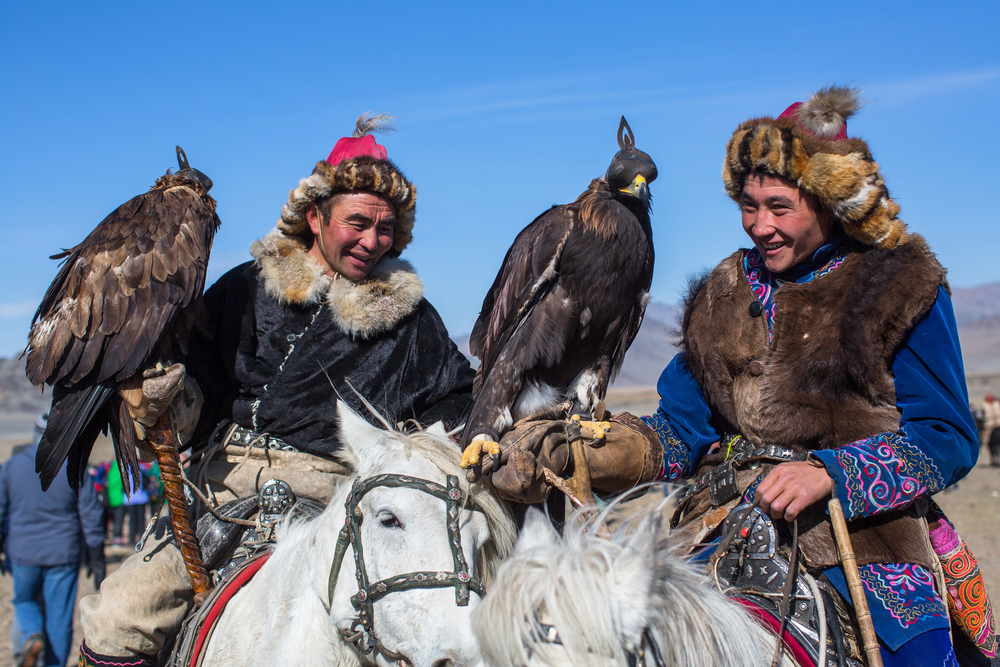
In the remote Altai Mountains of western Mongolia, Kazakh nomads maintain the ancient tradition of hunting with golden eagles. Visitors can stay with these families in traditional gers, help with daily chores, and witness the breathtaking partnership between hunter and bird during training sessions.
Winter visits allow travelers to experience the annual Golden Eagle Festival, where hunters demonstrate their birds’ prowess and speed in competitions that have remained largely unchanged for centuries.
Like Travel Pug’s content? Follow us on MSN.
Sail the Northwest Passage
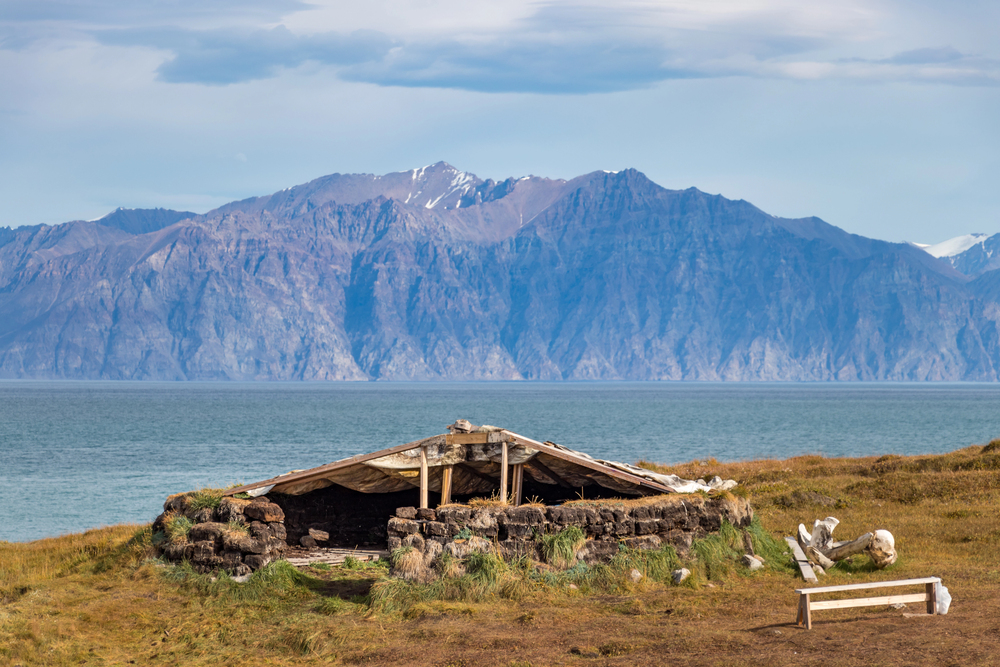
Once impassable and the doom of many explorers, climate change has made this Arctic sea route navigable during brief summer windows. Small expedition ships now take adventurous travelers through this legendary passage between the Atlantic and Pacific, where icebergs tower overhead and polar bears hunt on shrinking ice floes.
The journey offers a sobering firsthand look at our changing planet while following in the wake of history’s most intrepid explorers.
Trek Afghanistan’s Wakhan Corridor
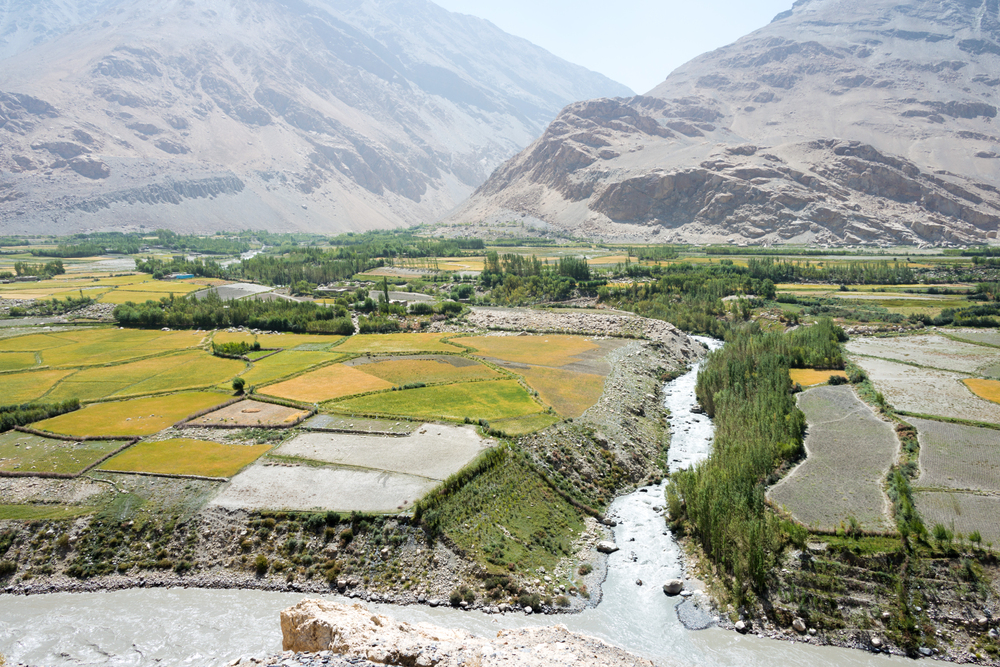
Despite Afghanistan’s troubled reputation, the remote Wakhan Corridor in the country’s far northeast remains one of Central Asia’s safest and most isolated regions. This narrow strip of land, bordered by Tajikistan, Pakistan, and China, is home to hospitable Wakhi herders and Kyrgyz nomads who welcome the rare visitor with remarkable warmth.
The spectacular Pamir Mountains provide the backdrop for multi-day treks between villages that exist much as they have for centuries, far removed from the conflicts that dominate headlines.
Free Dive with Sperm Whales
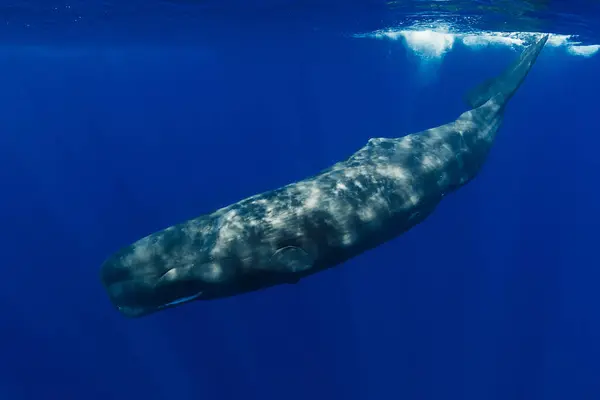
Off the coast of Dominica in the Caribbean, travelers with proper training can experience intimate encounters with the planet’s largest predator. Unlike whale watching from boats, free diving allows for face-to-face meetings with these intelligent creatures in their own environment, often making eye contact as the whales assess these strange human visitors.
The experience requires significant preparation and breath-holding ability, but those who manage it describe profound moments of cross-species connection unlike any found on land.
Like Travel Pug’s content? Follow us on MSN.
Cross the Empty Quarter

The Rub’ al Khali, or Empty Quarter, is the world’s largest continuous sand desert, covering parts of Saudi Arabia, Oman, Yemen, and the UAE. Adventurous travelers can join expeditions that cross this vast wilderness of towering dunes and extreme temperatures, following routes pioneered by explorers like Wilfred Thesiger.
Nights spent under incomparable star-filled skies and encounters with the few Bedouin who still know this harsh landscape make the journey far more than a mere desert crossing.
Learn Martial Arts at Wudang Mountain
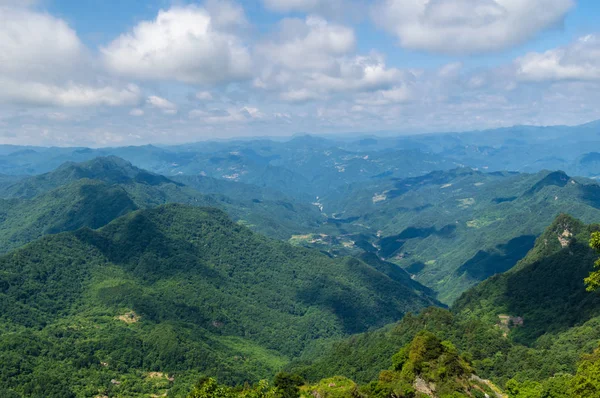
The mist-shrouded peaks of Wudang Mountain in China’s Hubei Province have been the spiritual home of Taoist martial arts for centuries. Beyond tourist-oriented demonstrations, committed travelers can undertake intensive study periods at traditional schools, learning ancient forms of kung fu and tai chi from masters who maintain lineages stretching back generations.
The training combines physical discipline with Taoist philosophy in an environment of breathtaking temples and natural beauty largely unchanged for hundreds of years.
Traverse the Darien Gap
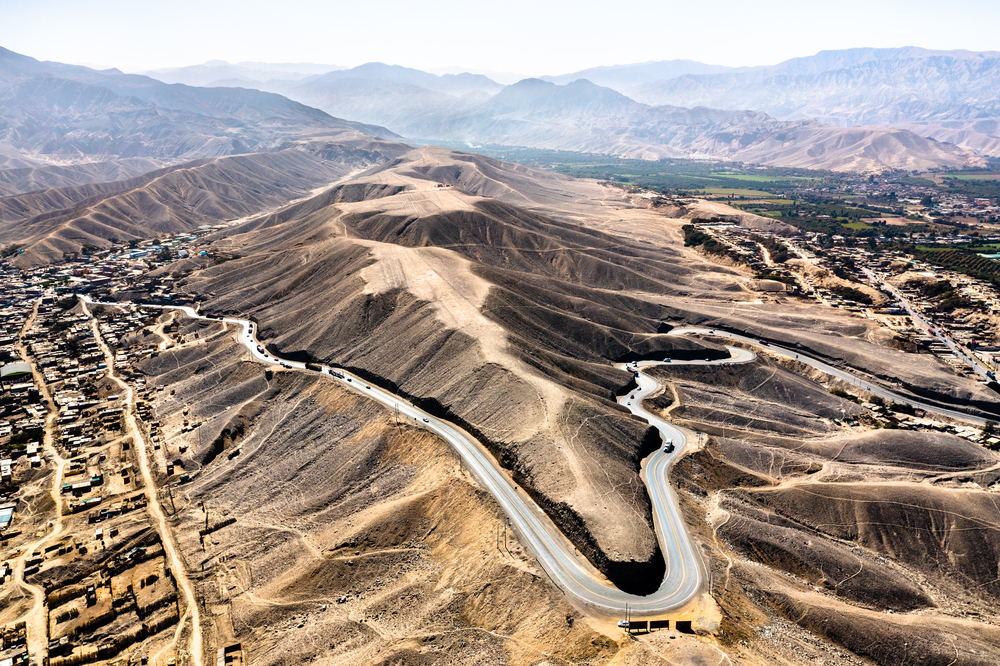
The only break in the 19,000-mile Pan-American Highway, this dense jungle region between Panama and Colombia remains one of the world’s most challenging and controversial frontiers. Expeditions through this roadless wilderness require expert guides, extensive preparation, and permits as travelers navigate swamps, dense forests, and territories with complex security situations.
Those who make the journey encounter incredible biodiversity, indigenous communities living in profound isolation, and the raw satisfaction of crossing a boundary that has resisted modern infrastructure.
Like Travel Pug’s content? Follow us on MSN.
Study Throat Singing in Tuva
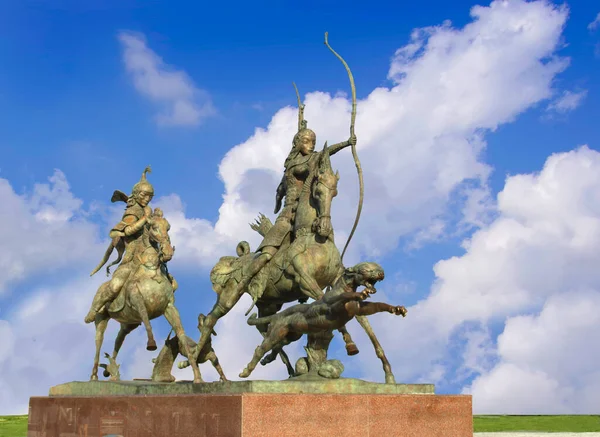
In the remote Russian republic of Tuva, bordering Mongolia, travelers can immerse themselves in the ancient practice of throat singing, where performers produce multiple pitches simultaneously. Learning this UNESCO-recognized art form involves weeks of study with master singers in traditional yurt camps on the Siberian steppe.
The experience connects visitors to nomadic traditions largely unchanged for centuries, while evening performances around campfires under vast skies create memories far removed from conventional tourism.
Join a Cattle Drive in Patagonia
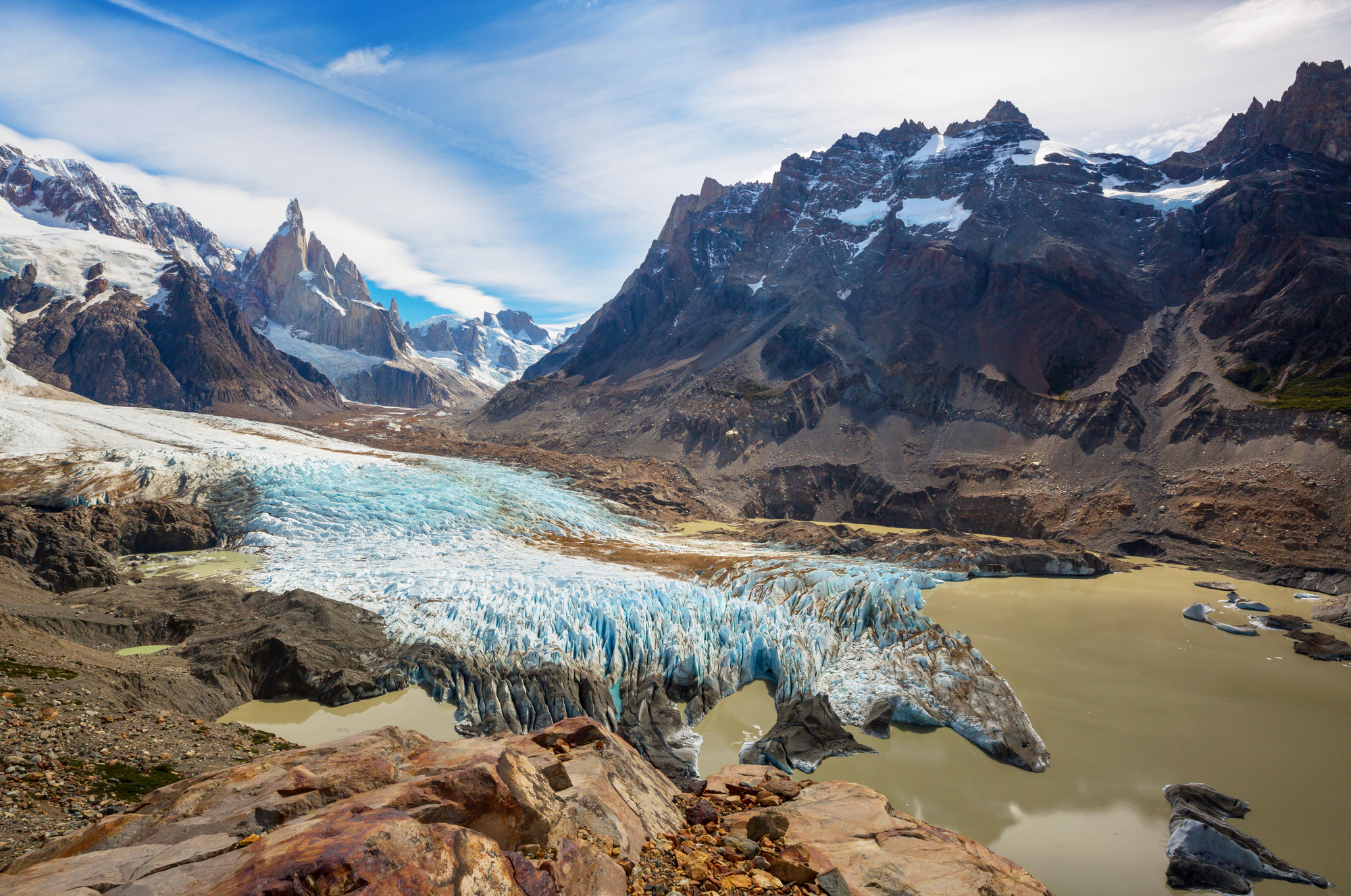
Far from the tourist trails of Torres del Paine, working estancias in remote parts of Chilean and Argentine Patagonia sometimes welcome visitors to participate in traditional cattle drives. Travelers spend long days in the saddle alongside gauchos who’ve worked these vast landscapes for generations, moving herds across pampas and through mountain passes.
Nights bring asados (barbecues) where mate is shared and stories told, offering genuine immersion in a way of life rapidly disappearing elsewhere.
Cave Exploration in Papua New Guinea

The massive cave systems of Papua New Guinea’s highlands remain among the least explored on Earth, with new passages and chambers still being discovered. Adventure travelers with technical caving experience can join expeditions to map and explore these underground worlds alongside scientists and local guides.
The experiences often involve camping underground for days while navigating river passages, massive chambers, and extraordinary mineral formations never before seen by outsiders.
Like Travel Pug’s content? Follow us on MSN.
Volunteer at Wildlife Rehabilitation Centers in Borneo
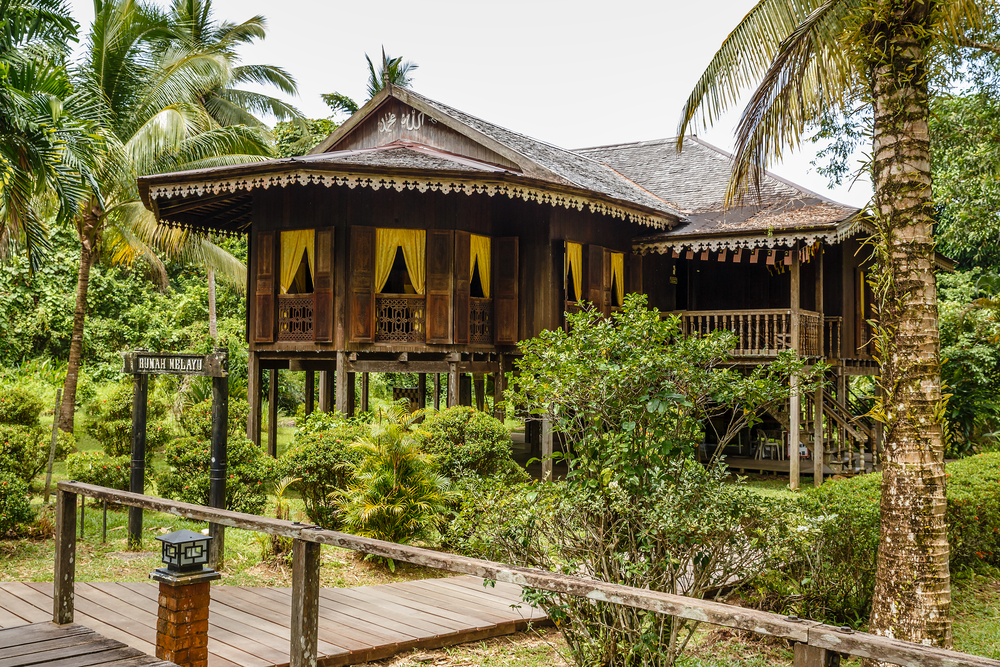
Beyond the typical orangutan viewing experiences, committed travelers can contribute to conservation efforts through extended volunteer stays at wildlife rehabilitation centers in Indonesian and Malaysian Borneo. These immersive experiences involve physically demanding work preparing food, building enrichment structures, and maintaining facilities for animals being readied for release into shrinking wild habitats.
The deep connection formed with individual animals and dedicated local staff provides insights that are impossible to gain through conventional wildlife tourism.
Build Traditional Boats in the Maldives

While most visitors experience the Maldives from luxury resorts, travelers seeking deeper cultural engagement can spend time in non-tourist islands learning traditional dhoni boat-building techniques passed down through generations. Working alongside master craftsmen using methods that haven’t changed for centuries, visitors participate in every stage from selecting wood to final launching ceremonies.
The experience connects travelers to maritime traditions largely overlooked in a destination known primarily for overwater bungalows and clear diving waters.
Track Snow Leopards in Ladakh
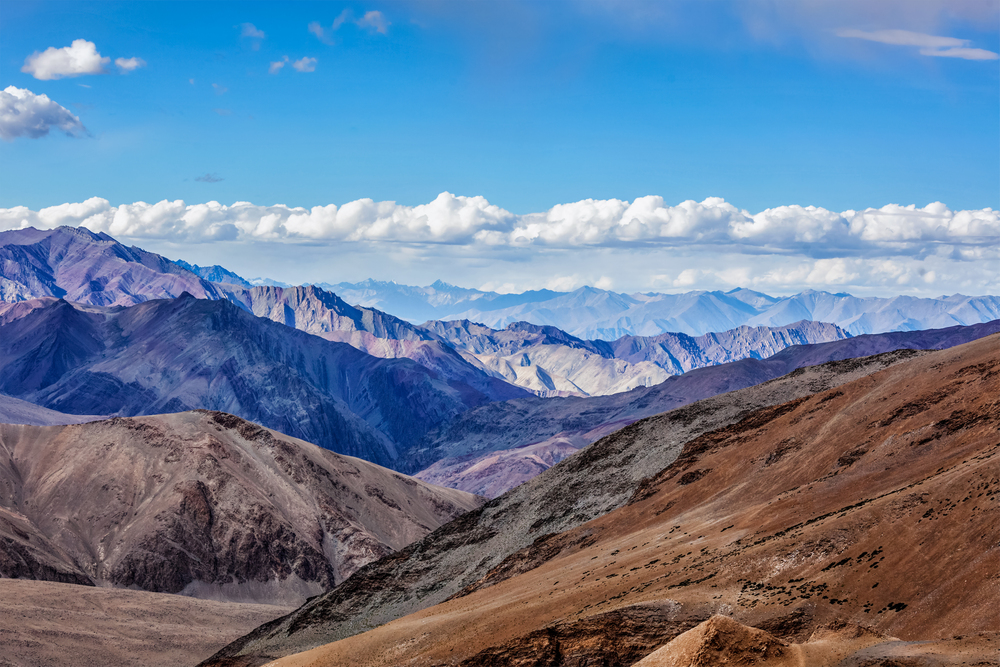
High in the Himalayan region of Ladakh, India, travelers with serious trekking experience can join conservation expeditions searching for the elusive snow leopard. These journeys involve days of hiking through high-altitude terrain while staying in remote villages and basic camps as trackers search for signs of these nearly mythical cats.
The challenging conditions and patience required make actual leopard sightings all the more memorable. At the same time, connections formed with local communities who share the landscape with these predators add profound cultural dimensions.
Like Travel Pug’s content? Follow us on MSN.
Apprentice with Traditional Mezcaleros in Oaxaca

Beyond tasting tours, dedicated travelers can arrange extended stays with multi-generation mezcal-producing families in remote villages throughout Oaxaca, Mexico. These experiences involve participating in every aspect of production, from harvesting agave in rugged mountain terrain to the labor-intensive pit roasting, fermentation, and distillation processes.
Living with these families provides insights into traditions increasingly threatened by commercialization while building relationships based on shared work rather than tourist transactions.
Study Traditional Navigation in Micronesia
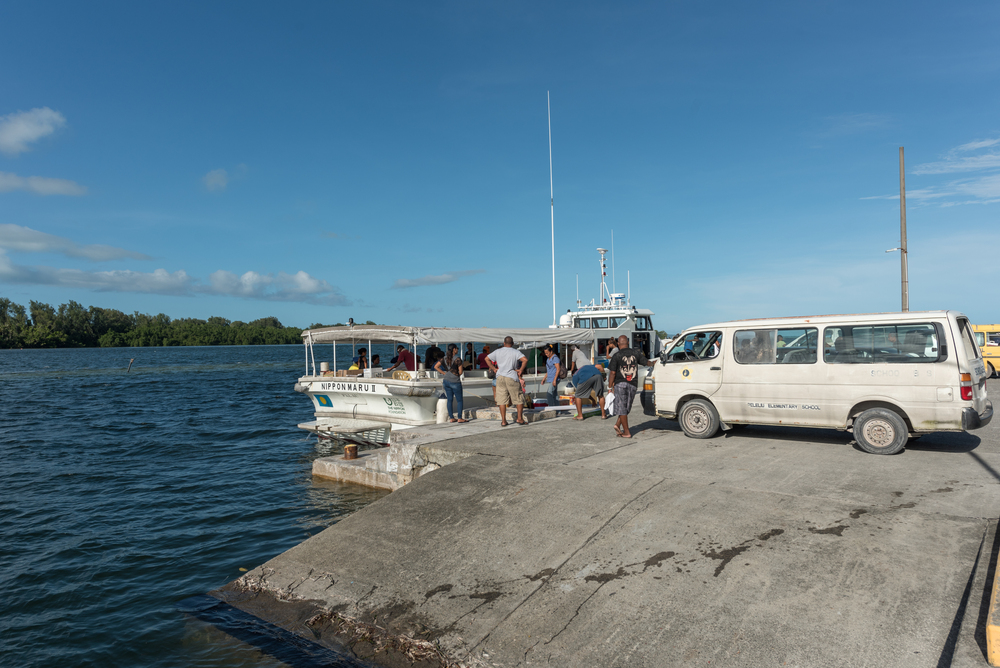
On certain islands in Micronesia, particularly in the Caroline Islands, travelers can study the nearly lost art of traditional navigation that once guided outrigger canoes across thousands of ocean miles without instruments. Extended stays with master navigators involve learning to read stars, waves, and subtle ocean patterns through both formal instruction and practical application on increasingly longer voyages.
The experience connects participants to maritime knowledge systems that once dominated the Pacific and are now maintained by only a handful of dedicated practitioners.
Overland Through the Congo Basin
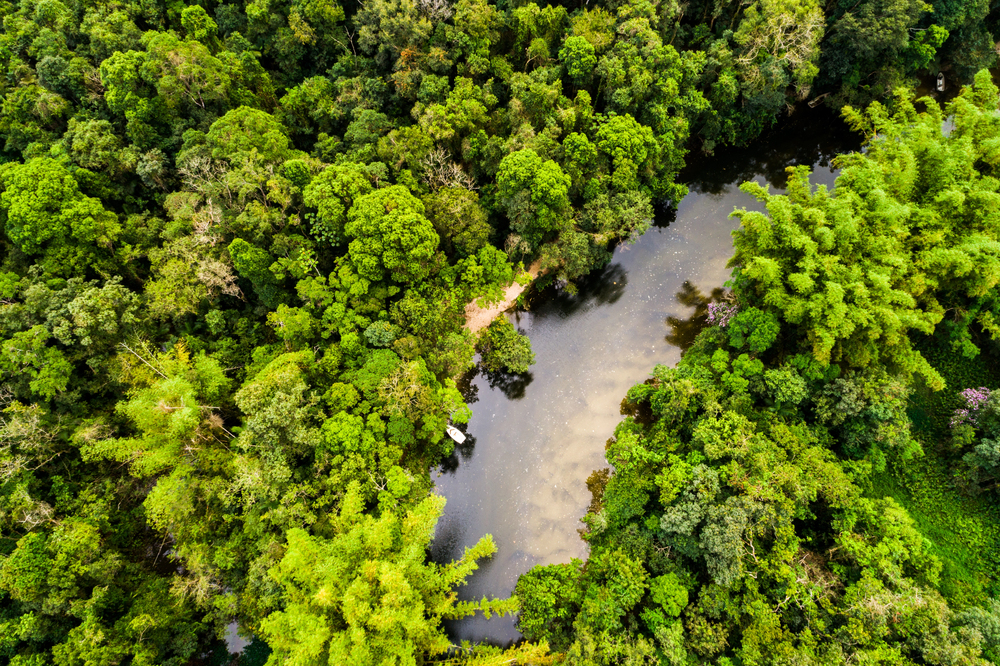
The vast rainforests of the Congo Basin remain among the least visited major ecosystems on Earth, with limited infrastructure and complex access requirements. Committed travelers can join expeditions traversing parts of this massive wilderness by 4×4, pirogue (dugout canoe), and on foot, encountering incredible biodiversity including lowland gorillas, forest elephants, and hundreds of bird species.
Visits to Bayaka (pygmy) communities that maintain traditional forest knowledge offer cultural exchanges entirely different from conventional African safari experiences.
Like Travel Pug’s content? Follow us on MSN.
Document Vanishing Languages in the Caucasus
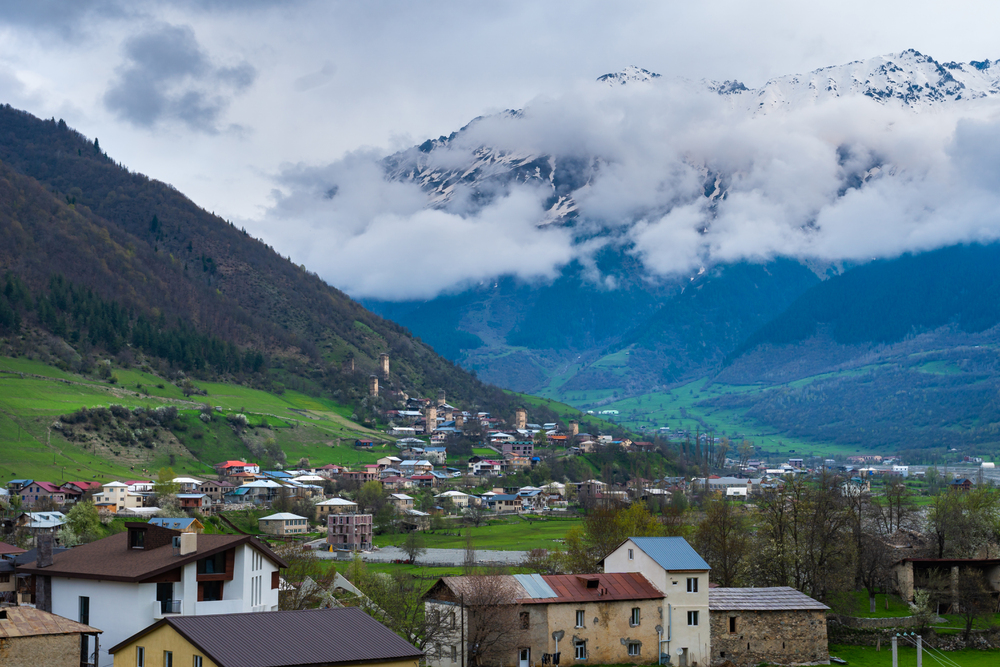
The mountain villages of Georgia, Azerbaijan, and Russia’s Caucasus region harbor dozens of languages spoken by just a few hundred or even a dozen people. Travelers with linguistic backgrounds can join documentation projects working with these communities, recording stories, songs, and everyday conversations from the last fluent speakers.
Beyond the scientific value, these experiences forge deep connections with communities rarely encountered by outsiders while participating in literally preserving parts of human heritage on the brink of disappearance.
Follow Ancient Salt Caravans in Ethiopia
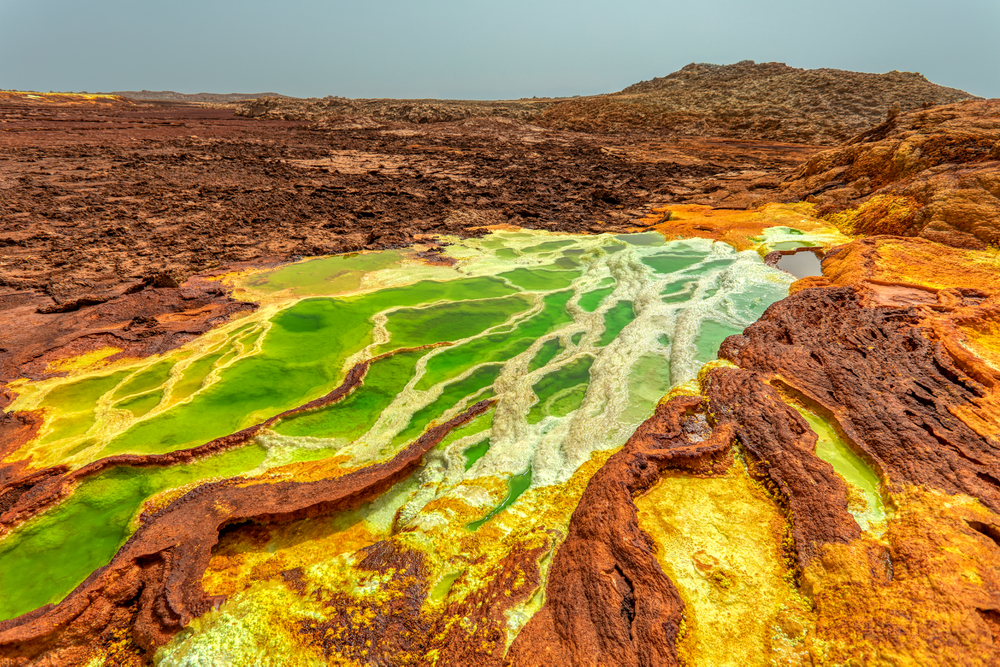
The Danakil Depression in northeastern Ethiopia remains one of Earth’s most extreme environments, where Afar salt miners have harvested lake beds the same way for centuries. Travelers can join camel caravans that transport salt blocks along ancient routes, coping with temperatures regularly exceeding 120°F while sleeping under the stars.
The journey crosses surreal landscapes of colorful mineral formations and lava lakes while providing economic support to communities maintaining age-old trading practices despite increasing modernization pressures.
Preserve Traditional Weaving in the Peruvian Highlands
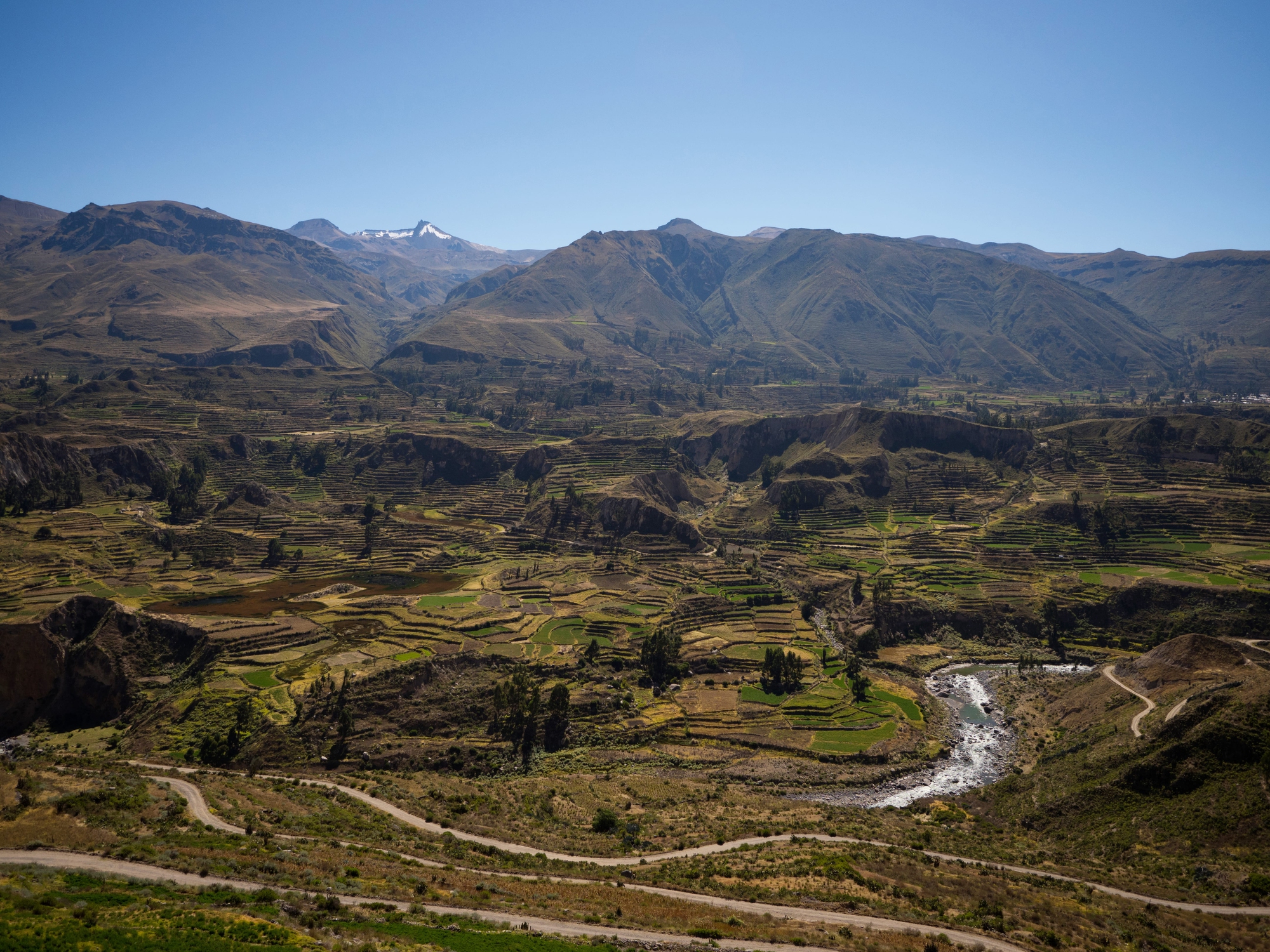
In remote mountain communities above the Sacred Valley, travelers with textile interests can engage in extended stays with weaving cooperatives still using techniques dating to pre-Incan civilizations. These immersive experiences involve learning the entire process from raising alpacas to creating natural dyes from plants and insects to the mathematics of complex pattern creation.
Living with host families at elevations often exceeding 12,000 feet creates authentic cultural exchange while helping preserve artistic traditions increasingly threatened by mass-produced alternatives.
Like Travel Pug’s content? Follow us on MSN.
Beyond the Ordinary

The true value of these challenging experiences extends far beyond social media bragging rights or checking items off a bucket list. These journeys foster genuine cultural exchange, provide economic support to communities preserving traditional knowledge, and create transformative memories that reshape perspectives long after returning home.
As conventional tourism destinations grow increasingly crowded and curated, these less-traveled paths offer something increasingly precious—authenticity and the profound satisfaction that comes from genuine discovery rather than simply following well-worn routes.
More from Travel Pug

- Cities Growing so Fast You Won’t Recognize Them in 10 Years
- 13 Destinations Where Tourists Regularly Regret Their Trip
- 16 U.S. Cities That Are Quietly Becoming Travel Hotspots
- Where to Travel If You Love Long Bus Rides and Daydreams
- 20 Cities Perfect for Solo Travelers Who Crave Adventure & Culture
Like Travel Pug’s content? Follow us on MSN.
